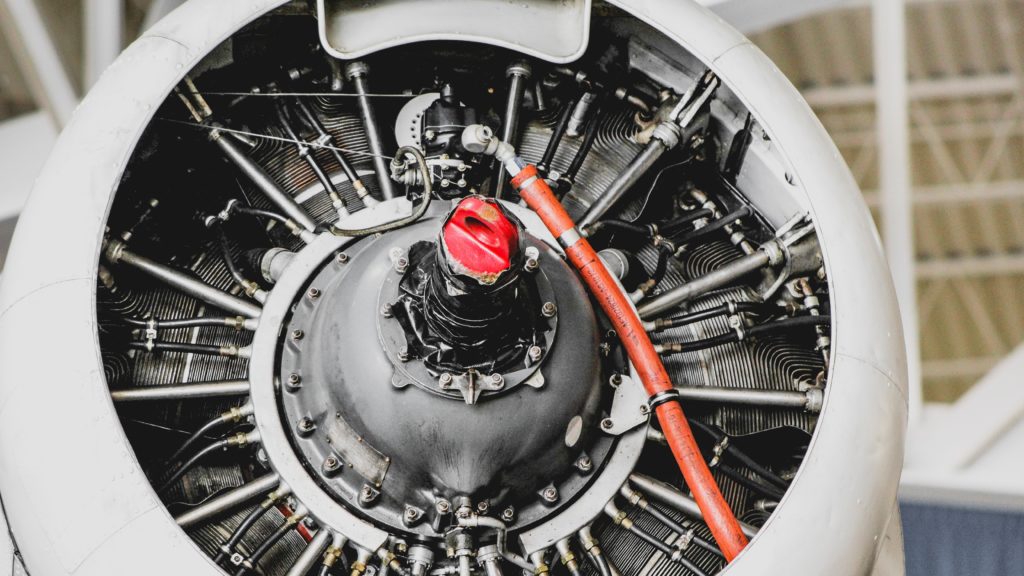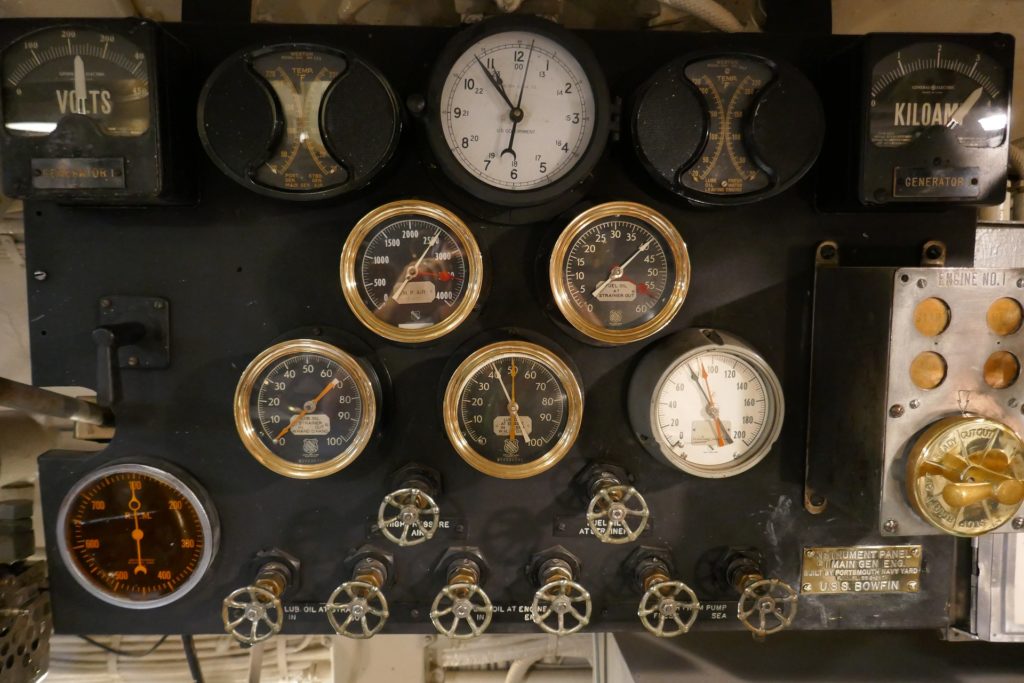Although the reason for its implementation might vary, the concept behind its working is always based on the same fundamental concept. Described simply, hydraulic systems operate and perform tasks by using a fluid that’s pressurized.
Hydraulic systems are superbly versatile, dynamic, and relatively straightforward in how they operate.
Let’s find out more about their advantages and applications in our everyday life.
Advantages of Hydraulic Systems

Although you might find numerous other advantages of hydraulic systems, here are four significant ones that can be used quite efficiently in transmitting power:
- Increase of force: a fluid powered hydraulic system design (without the cumbersome pulleys, gears, and levers) can multiply effects easily and efficiently from a fraction of a pound to several 100 tons of output. That itself is commendable for a machine.
- Ease and precision of control: With the use of simple levers and push buttons, the operator of a hydraulic system readily starts, stops, speedups and slowdowns.
- Safe, economical & straightforward: Generally, hydraulic systems use fewer moving parts in comparison with mechanical and electrical systems. Hence it becomes more simple and easier to maintain.
- Constant torque and force: In industrial equipment, only fluid power systems are capable of providing a continuous torque or force regardless of speed changes.
With all these highly desirable features, hydraulic systems also present certain drawbacks, some of which are as follows:
- In some cases, if not operated by experienced individuals, hydraulic lines can burst and cause severe human injuries.
- Management of hydraulic oils can be quite messy. Also, at times, it’s challenging to eliminate the leakage in a hydraulic system.
- Most hydraulic fluids come with a tendency to catch fire in the event of leakage, especially in hot regions.
It’s therefore imperative to get the expert advice of hydraulic manufacturers on the type of hydraulic system that will be an ideal fit for your application.
Applications of Hydraulic Power Units

Hydraulic power units are quite useful and valid in most industries. They act as the power behind a well run hydraulic system and can be found in the most surprising places as well.
With a motor, a reservoir, and a hydraulic pump, it’s a combination that can be implemented at odd places, here are some of the areas that use the system frequently:
- Oil field and oil clean up equipment
- Medical equipment
- Testing equipment in the aerospace industry
- Agricultural equipment
- Material management in construction, mining, and road engineering
- Mobile construction and road work equipment
- Industrial processing devices or machines
- Theatrical and television production devices
Generally, you’ll find hydraulic system design machinery at places where there’s a requirement of systematic and heavy lifting. They’re quite helpful and ideal for repetitive tasks.















